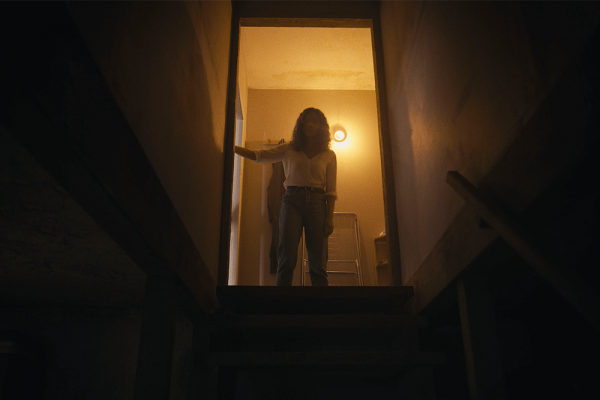Oct 19, 2022
I’ve watched the recent horror films below with one (sometimes both) eye(s) closed, but also with a posture of curiosity and hope: What might my disturbed feelings reveal? May watching these films lead to, as author Brandon Grafius writes, “an openness to what the experience of horror might be able to teach us.”
Read the Full Article

Already a subscriber? Login
